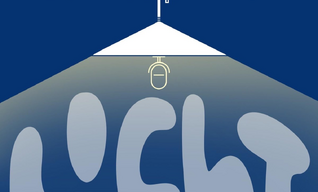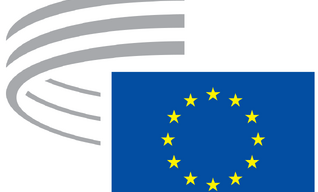
Rieke Smit
Hamburg
-
Noch keine BeiträgeHier wird noch geschrieben ... bitte schaue bald nochmal vorbei

Rieke Smit
Ich bin Journalistin und Humanitarian und auf folgende Themen spezialisiert:
- Generation Z und Nachrichtenkompetenz (Leitung des Social News Desk). Nachrichten für junge Menschen auf TikTok, Instagram und Twitch.
- gesellschaftspolitische Debatten und humanitäre Hilfe
- Koordinierung von Redaktionsalltag (RvD)
Auftraggeber
Uttryck Magazine , ZEIT Campus
Weitere Profile
Fehler!
Leider konnte der Artikel nicht gefunden werden.
We can't find the internet
Attempting to reconnect
Something went wrong!
Hang in there while we get back on track









